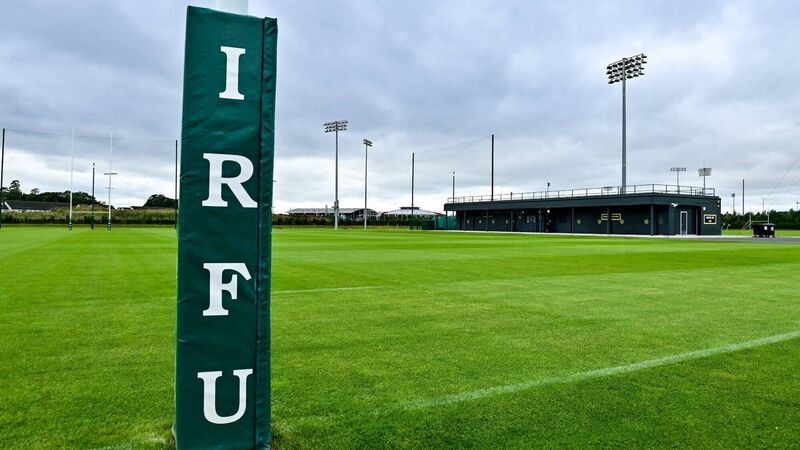The difference between IRFU and FAI standoffs? This one will drag on

This time around, it’s not clear how the IRFU will deliver, particularly from a group of athletes and former players who have no faith in that organisation. Photo by Brendan Moran/Sportsfile
In Irish sports administration it isn’t even the scale of the outrage, rather the speed of the rectification, that matters most.
During times of great stress for Government and Sport Ireland in the midst of a federation scandal, the amelioration process is king — or queen in the case of the IRFU.















